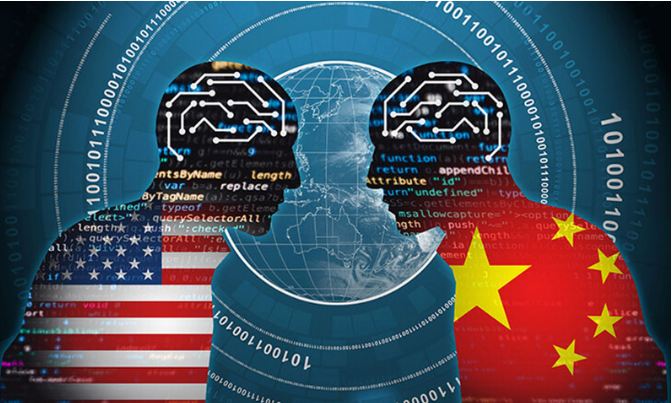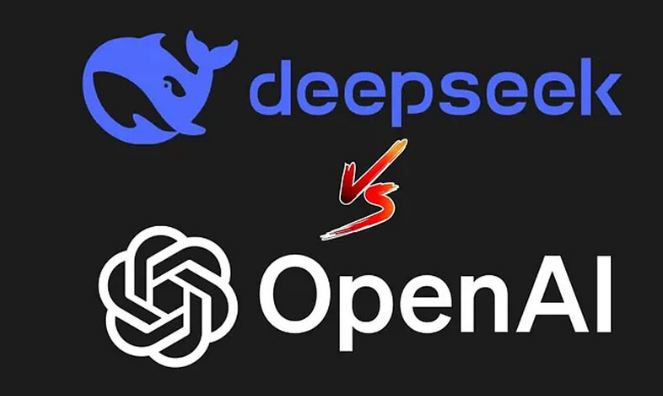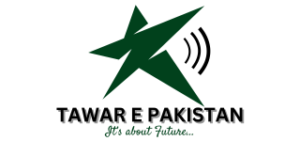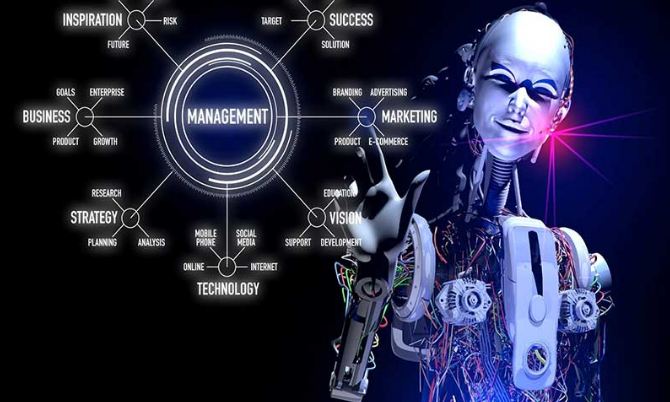Why Regulate Artificial Intelligence?
The United Nations, the European Union, and the OECD have backed a report on creating laws to control artificial intelligence, which warns of cyberattacks and biological threats through artificial intelligence.
Experts worldwide have called for greater regulation to prevent human control of artificial intelligence and its risks ahead of a conference on artificial intelligence in France on Sunday.
France has taken a stance at the conference that governments, businesses and other companies using artificial intelligence in all countries should come forward in favor of creating global laws related to ‘AI’ and promise to implement these laws.

“We don’t want to spend our time just talking about the risks, we should also talk about its other beneficial and harmful aspects,” says Anne Boverot, the artificial intelligence ambassador for French President Emmanuel Macron.
Meanwhile, Max Tegmark, head of the US-based Future of Life Institute, says that France should not miss any opportunity to take action on this.
Meanwhile, Tegmark’s institute on Sunday supported the launch of a platform called Global Risk and AI Safety Preparedness (GRESP), which aims to outline the major risks associated with artificial intelligence and solutions to avoid them.
GRP coordinator Cyrus Hodes said, “We have identified about 300 tools and technologies to deal with these risks.”

He said that the survey results will be sent to the OECD club of rich countries and members of the Global Partnership on Artificial Intelligence (GPAI),
a group of about 30 countries that includes major European economies, Japan, South Korea, and the United States.
The first international AI safety report was also presented last Thursday, compiled by 96 experts and supported by 30 countries, the United Nations, the European Union,n and the OECD.
The coordinator of the report and renowned computer scientist Joshua Bengio told the media that evidence of threats such as biological cyber-attacks by AI is constantly emerging.
Joshua Bengio, a 2018 Turing Award winner, fears that humans will potentially “lose control” over AI systems, which could prove extremely dangerous for the world.

Tegmark, referring to OpenAI’s chatbot, said, “Many people thought that ChatGPT-4’s mastery of any language was science fiction six years ago, but everyone saw it as a reality.”
He said that the biggest problem now is that all the governments in power still have not understood that we are close to creating Artificial General Intelligence (AGI), but how will it be controlled?



